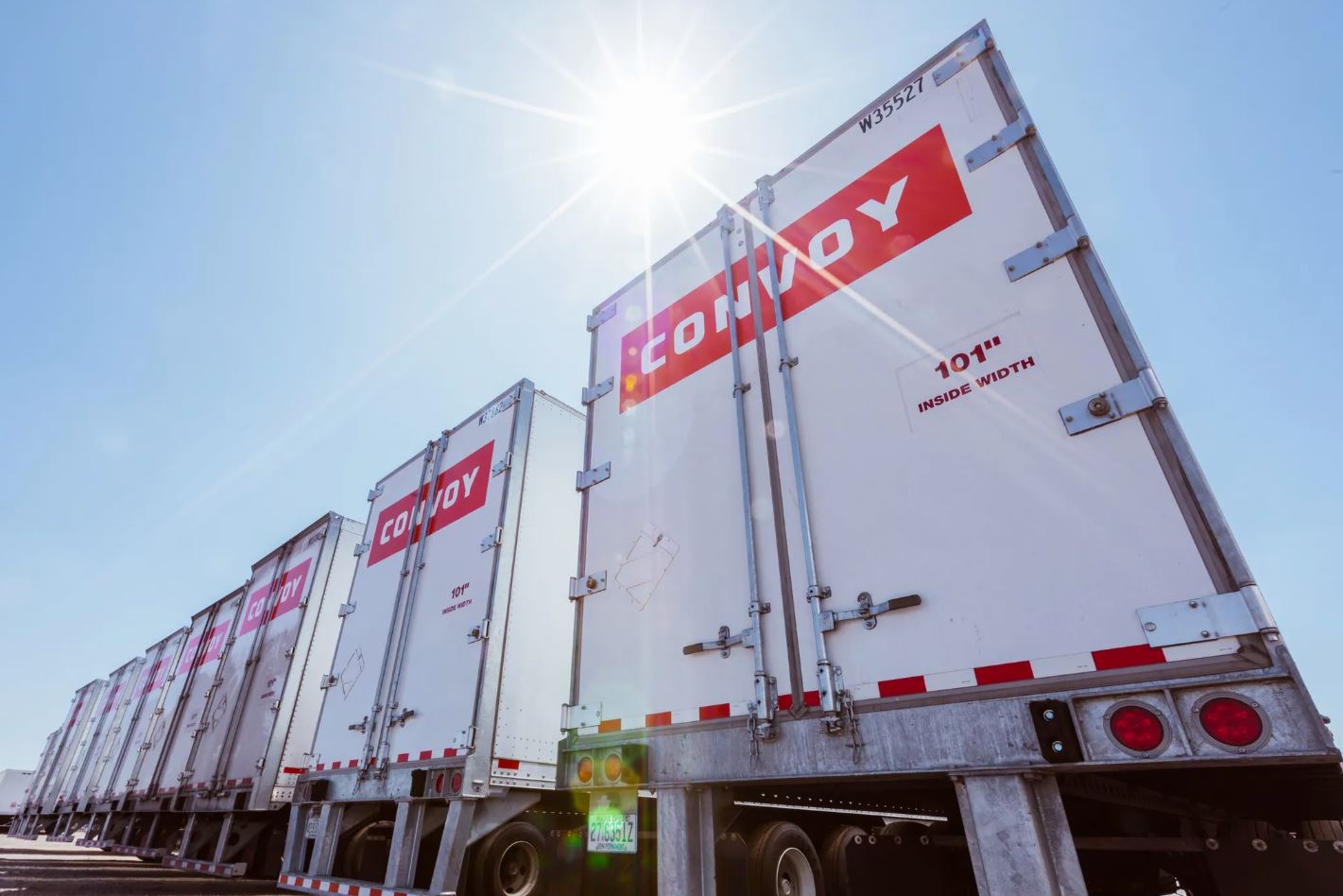
What does Dispatcher Do?
22 May, 2025
Imagine someone coordinating dozens of trucks on a big map – that’s es ...
Read
Explore Convoy’s dramatic rise and collapse in tech trucking, uncovering lessons on funding, strategy, and industry impact. Read the insights.
Content:
A clash between traditional freight companies and tech-driven startups, like Convoy, aimed to modernize trucking. However, Convoy's closure revealed that replacing humans with technology was challenging due to the industry's complexity. The funding-driven rapid growth approach didn't suit the freight sector's nature. Despite struggles, Convoy's venture showed that tech advancements could still potentially improve the trucking industry with a mix of fresh and experienced minds.
Not so long ago a big clash in the trucking world seemed imminent. Old-school freight companies from places like Northwest were on one side, while shiny new startups from the West Coast were on the other. These startups promised to modernize trucking, moving from outdated calls and faxes to a tech-driven system that matched drivers and loads, all backed by smart investors.
However, replacing humans with computers in freight brokerage didn’t turn out as viable as expected. The hurdles in trucking weren't as simple to overcome as a presentation might suggest. A notable example is the closure of Convoy, a digital freight firm established in 2015.
Despite having the markings of tech success, with founders from Amazon and a hefty valuation of $3.8 billion at one point, Convoy aimed at making trucking better. But, the closure showed that even well-funded and morally driven freight tech startups like Convoy could crumble amidst challenges.
The trucking industry has serious inefficiencies. Between 2015 and 2019, it seemed everyone, especially venture capitalists, wanted a piece of a trucking startup. The sector, though massive and somewhat outdated, showed potential for improvement with some automation and mobile tech, especially in reducing empty miles, which Convoy aimed to address.
The optimism was that these new-age trucking startups could resolve longstanding issues in the trucking world, from unfair pay to delayed deliveries. Initially, it appeared the traditional players in the industry were resistant to change, but over time, it became clear that these issues weren’t out of ignorance but due to their complex nature.
The digital freight industry faced many challenges, mainly forgetting the essence of profitability amidst high ideals. The funding spree of the late 2010s meant these companies didn’t prioritize financial sustainability. Convoy, for instance, received abundant funding which, according to critiques, led to an overemphasis on rapid growth, a strategy known as “blitzscaling.” This approach, however, didn’t align well with the freight brokerage industry's nature, lacking the necessary factors like network effects and high customer switching costs for blitzscaling to thrive.
Convoy, valued at a whopping $3.8 billion just a year before its demise, struggled with undercutting market rates to gain share, a tactic that proved unsustainable in the long run. The blurred identity between being a tech or trucking company also added to the struggles, which were reflected across many digital freight startups.
Despite the hurdles, Convoy did introduce significant efficiencies, automating a large portion of the brokerage process. But these advancements didn’t translate to profits.
The tale of Convoy and others highlighted that revolutionizing the $875 billion trucking industry wasn’t a walk in the park. While tech moguls couldn’t miraculously fix trucking, nor could the traditional players, the efforts weren’t in vain. The venture shed light on the potential improvements tech could bring to trucking, attracting talent and investments, suggesting that a blend of fresh and experienced minds might still find solutions to the myriad of trucking issues.

Similar articles

22 May, 2025
Imagine someone coordinating dozens of trucks on a big map – that’s es ...
Read

21 May, 2025
A truck dispatcher is a specialist responsible for ensuring that loads ...
Read

13 November, 2023
Legislators from both parties have proposed a new bill aimed at ensuri ...
Read